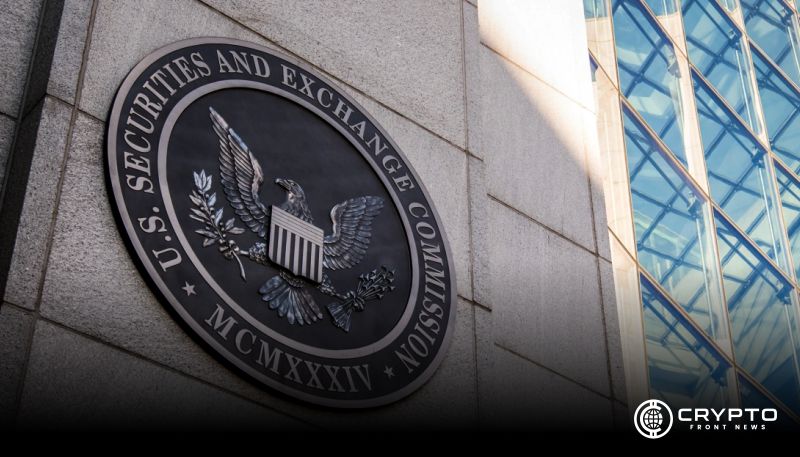- Paul Atkins’ Senate approval as SEC Chairman demonstrates strong regulatory experience, including his service as SEC Commissioner and role in TARP oversight.
- The confirmation vote of 13-11 reflects a clear division between committee members, emphasizing distinct perspectives on financial regulation and market oversight effectively.
- Political reactions reveal contrasting views on the nominees, with Republicans supporting neutrality and Democrats voicing concerns over deregulation and agency reductions firmly.
Paul Atkins won Senate confirmation as the next SEC Chairman in a Senate Banking Committee 13-11 vote. His confirmation hearing provided insight into his regulatory style and vast experience in the oversight of finance.
Senate Confirmation Process
The Senate Banking Committee approved Atkins in a party-line vote, 13-11, on April 3, 2025. Members were grateful for Atkins’ longstanding experience in regulation and oversight of the markets. There was only a short confirmation hearing in which a full vision of his intentions could be obtained. His appointment seems sure to go through the Senate with little opposition.
The committee also confirmed Jonathan Gould as U.S. comptroller of the currency. This vote reflects the current administration’s direction on regulatory matters. Committee members discussed the nominees’ experience and potential contributions. The process was completed with a focus on a fair evaluation of qualifications.
Professional Background
Atkins previously held a position at the staff under past SEC Chair Richard Breeden. Between 2002 and 2008 he fulfilled his role as an SEC Commissioner. He participated in the Congressional Oversight Panel for TARP after the 2008 crisis. His regulatory and compliance consulting company served as his most recent professional involvement. Experiencing different positions has given him extensive expertise in market regulations along with industry changes.
His professional journey shows an ongoing commitment to public service and market integrity. Atkins has dealt with various financial oversight challenges during his career. His extensive experience is expected to bring stability to the SEC. His record supports the view that his leadership will favor a structured regulatory approach.
Political Reactions
Republican Senator Tim Scott praised the nominees for their practical experience. He stated that their appointment would contribute to a more balanced regulatory framework. Senator Scott noted that their service could lead to more impartial financial oversight. His comments were in line with the administration’s regulatory vision.
In contrast, Democratic Senator Elizabeth Warren opposed the nominations. She argued that the nominees preferred deregulation that may favor Wall Street. Senator Warren also criticized job cuts and agency changes during the administration. Her stance reflects deep political divisions over the current regulatory direction. The differing opinions show a split in perspectives on financial oversight.





